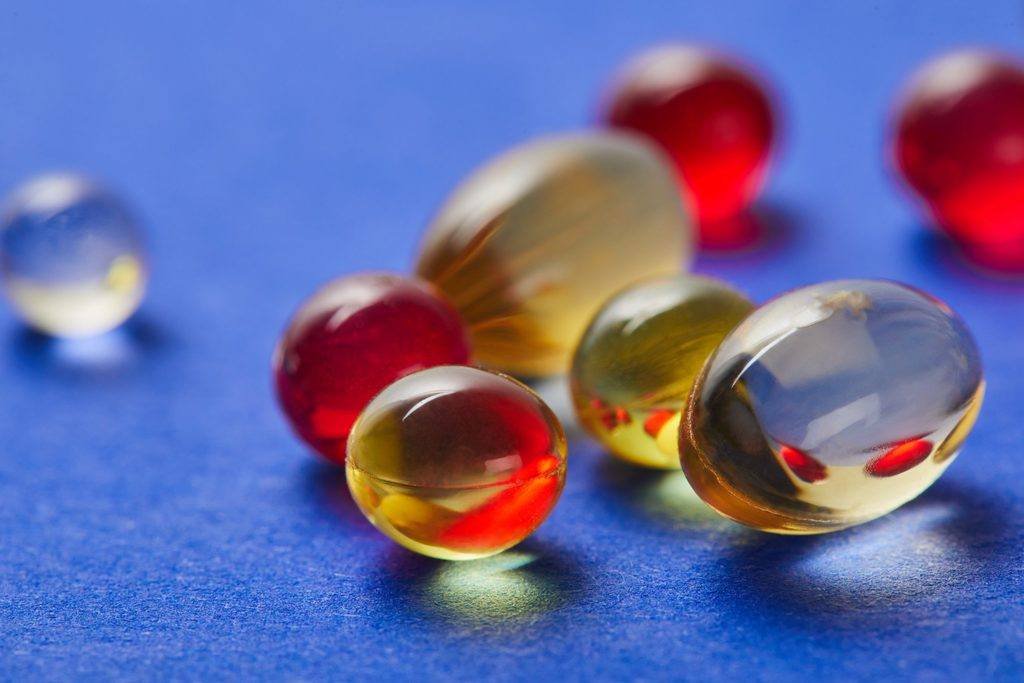Benefits of Vitamin D
Vitamin D is essential for healthy bones. It works by increasing the absorption of calcium in the foods we eat. This calcium is then used to build bone strength.
Vitamin D is unusual in that it isn’t necessarily obtained from the foods we eat, but instead is synthesized from sunlight. When sunlight hits our skin, our bodies act to manufacture the vitamin D that we need to keep our bones healthy.
This amazing process, though, is hindered by many factors. To get vitamin D from sunlight, the skin must be exposed outdoors. For those living well north or well south of the equator, it’s difficult to be outdoors in the extreme cold of the winter months.
Even in the summer, people often just don’t spend enough time outside to get the needed amount of vitamin D.
Vitamin D Deficiency
Extreme vitamin D deficiency shows up in children as rickets, where bones can soften and bend, and in adults as osteomalacia, which is characterized by fragile bones that are more likely to break in a fall.
These deficiency diseases are largely prevented in areas where breakfast cereals and dairy products are fortified with vitamin D.
Food Sources of Vitamin D
Getting vitamin D naturally from food sources is problematic. The best type of vitamin D that you can eat is from canned fish, especially if you eat the bones along with it. If you enjoy canned sardines, eaten bones and all, they are a great source of vitamin D and calcium, too.
Canned salmon is also an excellent source of both vitamin D and calcium. But for best results you need to crush up the tiny bones that come in the can and eat them along with the salmon meat.
If you have never done this before, it is easy to mash the bones into the meat with a fork, and they are pretty much undetectable. It is well worth the effort for the extra nutritional value.
Please note that ordinary fish bones can’t be crushed and eaten like this. The canning process softens the bones of canned sardines and salmon so that they can be eaten for the double bonus of vitamin D and calcium they contain.
Many dairy foods, especially milk, are fortified with vitamin D, so that milk-drinkers are guaranteed to get at least some of the recommended daily intake. A small amount of vitamin D is available in eggs as well.
Want a fast easy serving of vitamin D? Have a glass of milk. You might find, though, that taking a vitamin D supplement is necessary, especially if you have limited exposure to sunlight.
A blood test can determine if vitamin D supplementation is your best solution to obtaining enough of this important nutrient.
